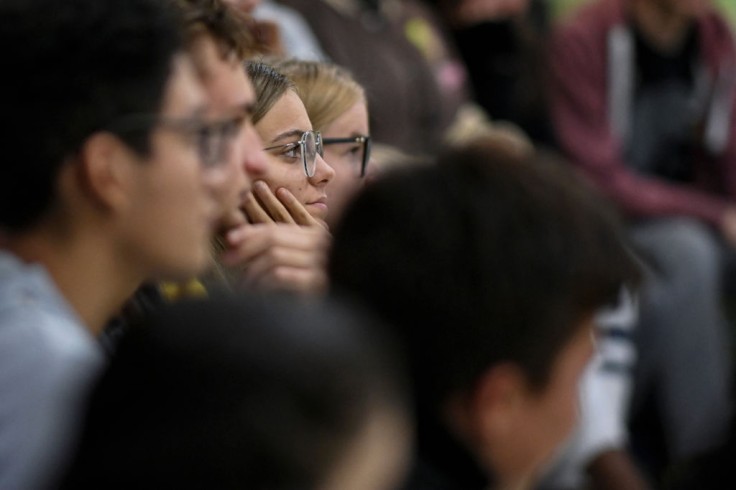
In a historic announcement, Maryland officials have unveiled a substantial commitment of $120 million in grants for behavioral and mental health services to support K-12 students.
This significant investment comes at a critical juncture as K-12 students grapple with the ongoing challenges posed by the COVID-19 pandemic, emphasizing the importance of crisis intervention for students.
Supporting the Mental Health of Maryland's K-12 Students
The allocation of $120 million for mental health services marks a watershed moment for Maryland. With close to 900,000 K-12 students in the state, this commitment underscores the government's determination to provide essential mental health services to a diverse student population facing the enduring repercussions of the COVID-19 pandemic.
Senate President Bill Ferguson, a former high school teacher, has highlighted the critical nature of this initiative, recognizing the challenges students face in terms of learning and socialization in the wake of the pandemic.
Ferguson stated that the responsibility cannot be solely placed on teachers or principals. He added that community support within school premises to engage and support the students adequately is also much needed.
Collaborative Approach for Maryland's Students
The announcement was made in conjunction with Laura Herrera Scott, the state's health secretary, and members of the Consortium on Coordinated Community Supports, a 25-member panel that has been working on developing a statewide framework to expand access to services for students.
These Maryland officials believe that the $120 million in grants is intended to provide a range of services, including counseling and behavioral health support, both within school settings and in local communities, focusing on crisis intervention for students.
Dr. Laura Herrera Scott elaborated on the vision, saying that the goal is to create a seamless health care continuum, encompassing prevention, primary behavioral health care, culturally competent crisis services, and ongoing support for mental health and substance abuse issues.
She added that this approach will enable children to thrive in their communities and their schools.
Read Also: Seattle Student Jaahnavi Kandula's Death: Officer's Controversial Comments Ignite Protests
Maryland's Pledge to Mental Health Support for K-12 Student Well-being
Del. Eric Ebersole, a Baltimore County Democrat with 35 years of teaching experience, praised the funding as an initial step towards expanding access to high-quality mental health services.
He emphasized that the partnerships being forged through this initiative will lead to innovative and collaborative approaches to improving the behavioral health of Maryland's students, ultimately enhancing their education.
David Rudolph, a former state legislator and chair of the Consortium on Coordinated Community Supports, expressed optimism that grants would begin to be awarded by December. He encouraged service providers throughout the state to engage with the school system, recognizing that the mental and behavioral health of students is a paramount concern.
In summary, Maryland officials have pledged $120 million to significantly bolster mental health services for K-12 students, focusing on crisis intervention for students. This monumental commitment addresses the pressing need for comprehensive mental health support in the face of the pandemic's challenges.
It underscores the state's unwavering dedication to supporting the well-being of its nearly 900,000 K-12 students by providing essential mental health services within their schools and communities.